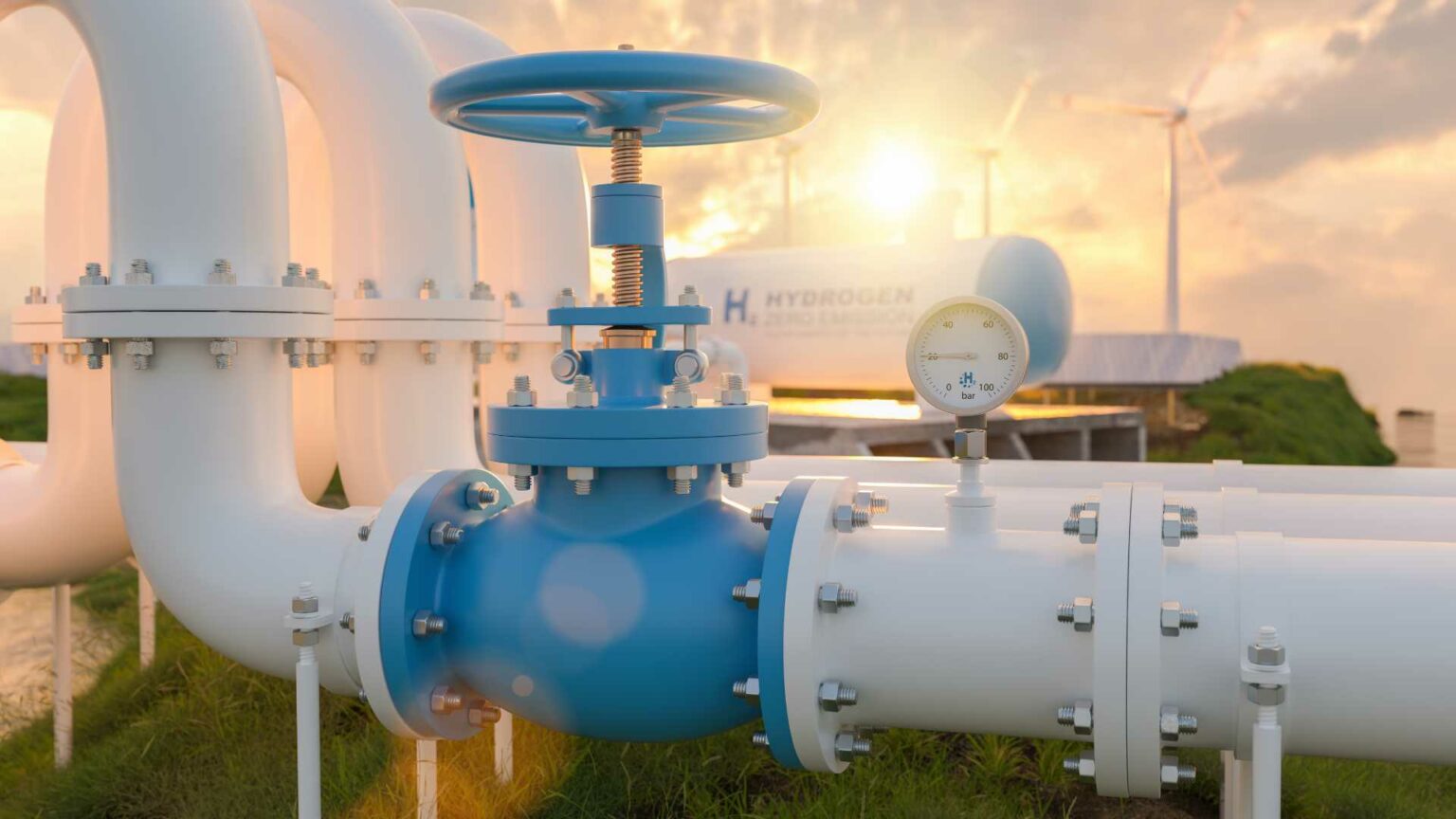A recent International Journal of Hydrogen Energy publication explores heat loss in hydrogen/air deflagration within closed pipelines. Authored by Baiwei Lei, Zeping Wu, Zekai Guo, Bing Wu, and Jing Peng, this study highlights significant findings that could have notable implications for the hydrogen industry.
Context and Relevance
Hydrogen is becoming a crucial player in pursuing sustainable energy solutions, primarily due to its clean-burning properties and high energy content. Efficient and safe hydrogen transportation is essential for its viability as an energy source. The research conducted by Lei and colleagues addresses a fundamental safety concern related to hydrogen use: the dynamics of hydrogen deflagration, or rapid combustion, in confined spaces such as pipelines. Understanding how heat loss affects this process is vital for enhancing the safety and efficiency of hydrogen transportation systems.
Main Findings
The study focuses on how heat loss influences the behavior of premixed hydrogen/air deflagration in closed pipelines. According to the abstract, the researchers employed a combination of experimental investigations and computational simulations to analyze the effect of heat loss on the deflagration process. The main findings indicate that heat loss significantly impacts flame speed and stability, with potential consequences for the overall safety of hydrogen pipelines.
Potential Applications
1. Pipeline Design and Safety: An improved understanding of heat loss effects can inform the design of safer hydrogen pipelines, potentially leading to enhanced safety protocols and construction materials that mitigate heat loss.
2. Emergency Response: Knowledge of how heat loss affects hydrogen deflagration can aid in developing better emergency response strategies for hydrogen pipeline incidents.
3. Optimization of Transport Systems: Engineers can optimize hydrogen transport systems to minimize risks associated with rapid combustion by accounting for heat loss factors.
Market Relevance
This research will benefit the hydrogen market considerably. As governments and industries worldwide invest in hydrogen infrastructure, ensuring hydrogen pipelines’ structural integrity and operational safety becomes paramount. This study provides data to bolster market confidence in hydrogen as a reliable and safe energy carrier, potentially accelerating market growth and adoption rates.
Technical Details and Methodologies
The abstract mentions that the research utilized both experimental and computational methodologies. This dual approach allowed the authors to validate their findings comprehensively. The experimental data provided empirical evidence, while computational simulations helped model different scenarios and predict deflagration behavior under varying conditions.
Broader Implications
Beyond immediate applications, this study offers broader hydrogen transport and storage implications. For instance, understanding heat loss can lead to innovations in insulation technologies for pipelines and storage containers, further minimizing safety risks. Additionally, these findings could influence regulatory standards and guidelines for hydrogen infrastructure development.
Key Takeaways
– Heat Loss Impact: Heat loss significantly affects flame speed and hydrogen/air deflagration stability.
– Safety Enhancements: The study’s findings can inform better design and emergency response strategies for hydrogen pipelines.
– Market Growth: Insights from this research can bolster market confidence, aiding the expansion of hydrogen infrastructure.
This research marks a step forward in addressing one of the critical challenges in hydrogen energy transport, potentially leading to safer and more efficient hydrogen infrastructures worldwide.
